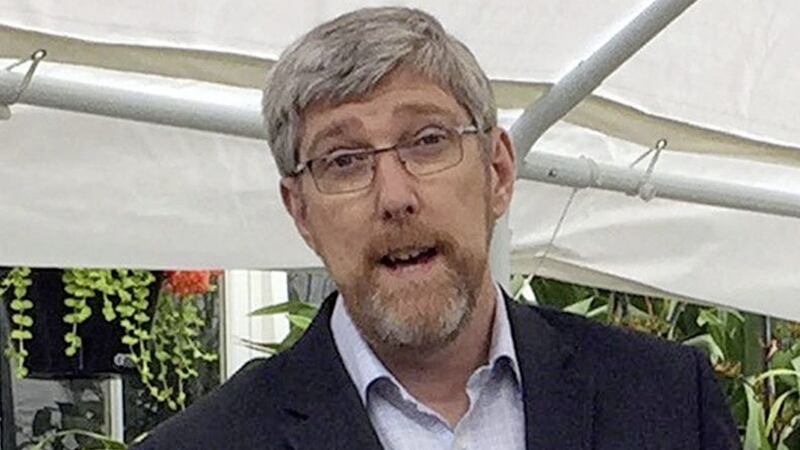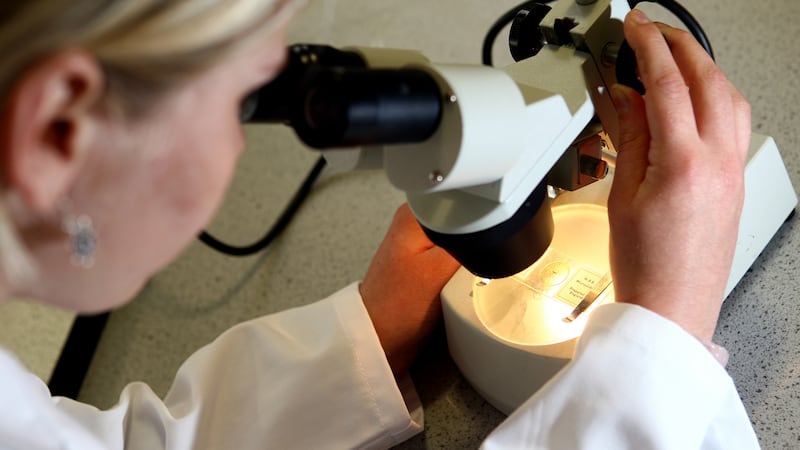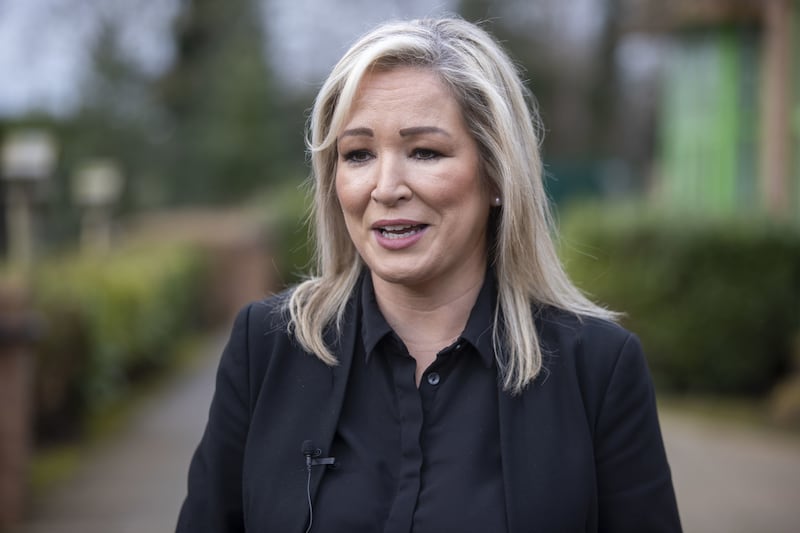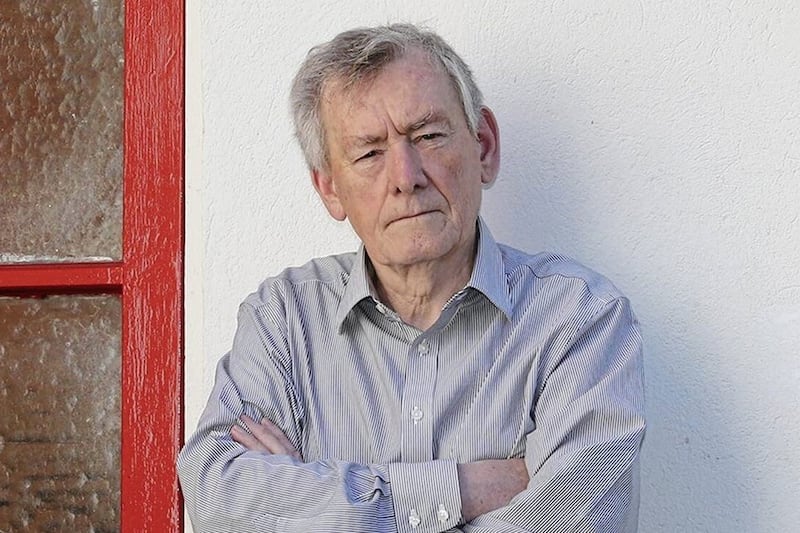WHILE it is perhaps unsurprising to learn that Sinn Féin has moved to shut down debate around the challenge to Michelle O'Neill's vice-presidency of the party, it is also disappointing for those who believed it was entering a 'glasnost' era.
Back in August, when former Stormont education minister John O'Dowd announced out of the blue that he would be contesting the Sinn Féin deputy leadership, Ms O'Neill's response was to welcome "democratic debate and choice within the party".
The Mid Ulster MLA may well regard a challenge to her role as healthy and evidence of a growing maturity and openness within the party ranks, however, others appear to see Mr O'Dowd's move against the northern leader less benignly.
They are likely the same individuals who overlooked what many believe were stronger contenders when they selected Ms O'Neill as a successor to Martin McGuinness.
This autocratic culture is one associated with an era when Sinn Féin was accused of being subordinate to the Provisional IRA's army council. Twenty-five years after the first ceasefire, many hoped the dynamic had shifted and a new generation of republicans was replacing the old guard.
This transformation is arguably more in evidence in the south, where Mr O'Dowd's audacious challenge is thought to have been better received than north of the border.
The opportunity to persuade those who traditionally didn't declare themselves as nationalist about the merits of Irish unity has never been greater and Sinn Féin clearly understands this. But the leadership's actions in relation to John O'Dowd fuel accusations that the party has yet to fully embrace internal democracy and reinforce suspicions of those with concerns about what a 32-county state would look like.
With discussion and debate about a change in the Sinn Féin leadership apparently vetoed, the bid to replace Ms O'Neill looks set to go nowhere.
It can only be speculated what may now become of Mr O'Dowd for daring to break with decades of tradition and argue for an open, democratic contest. The man regarded as one of his party's most articulate and effective elected representatives in the north may well find himself in the republican movement's equivalent of Siberia.
He's likely to have been aware of the potential consequences but felt that somebody needed to speak up for democracy and modernisation, even if it spelled the end of his political career.
And now that particular genie is out the bottle, debate about how the party chooses its future leaders may prove impossible to stifle.








